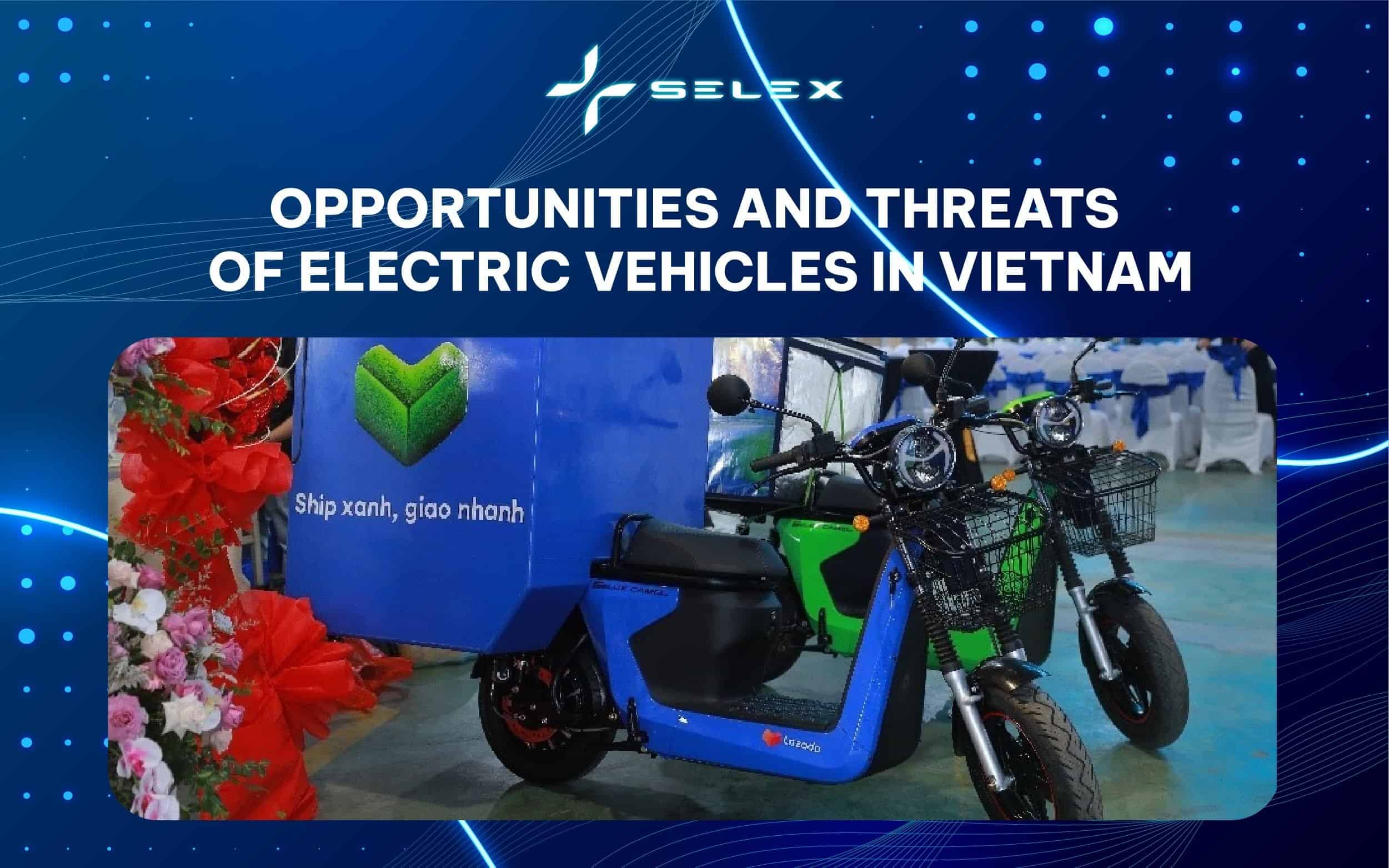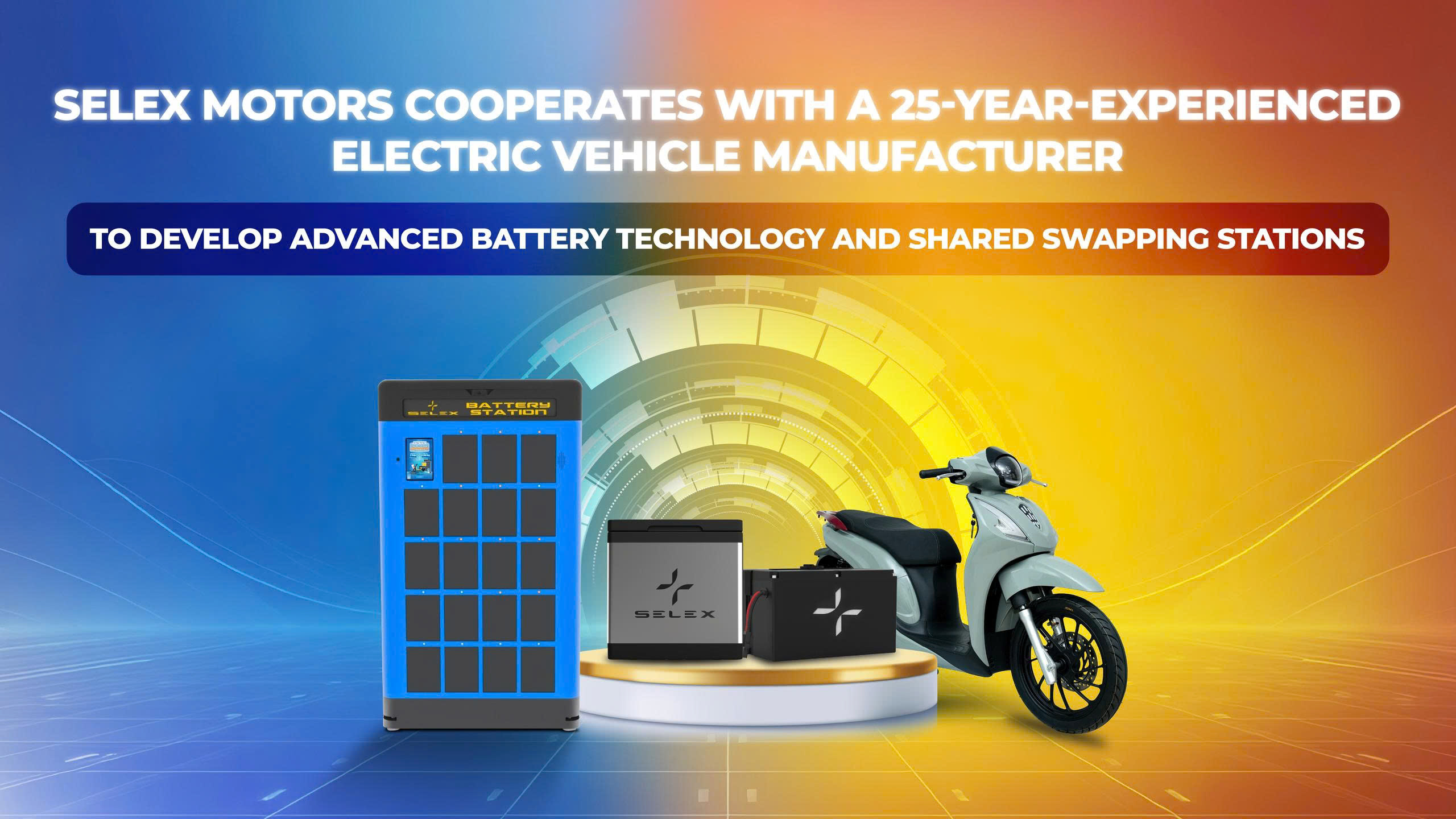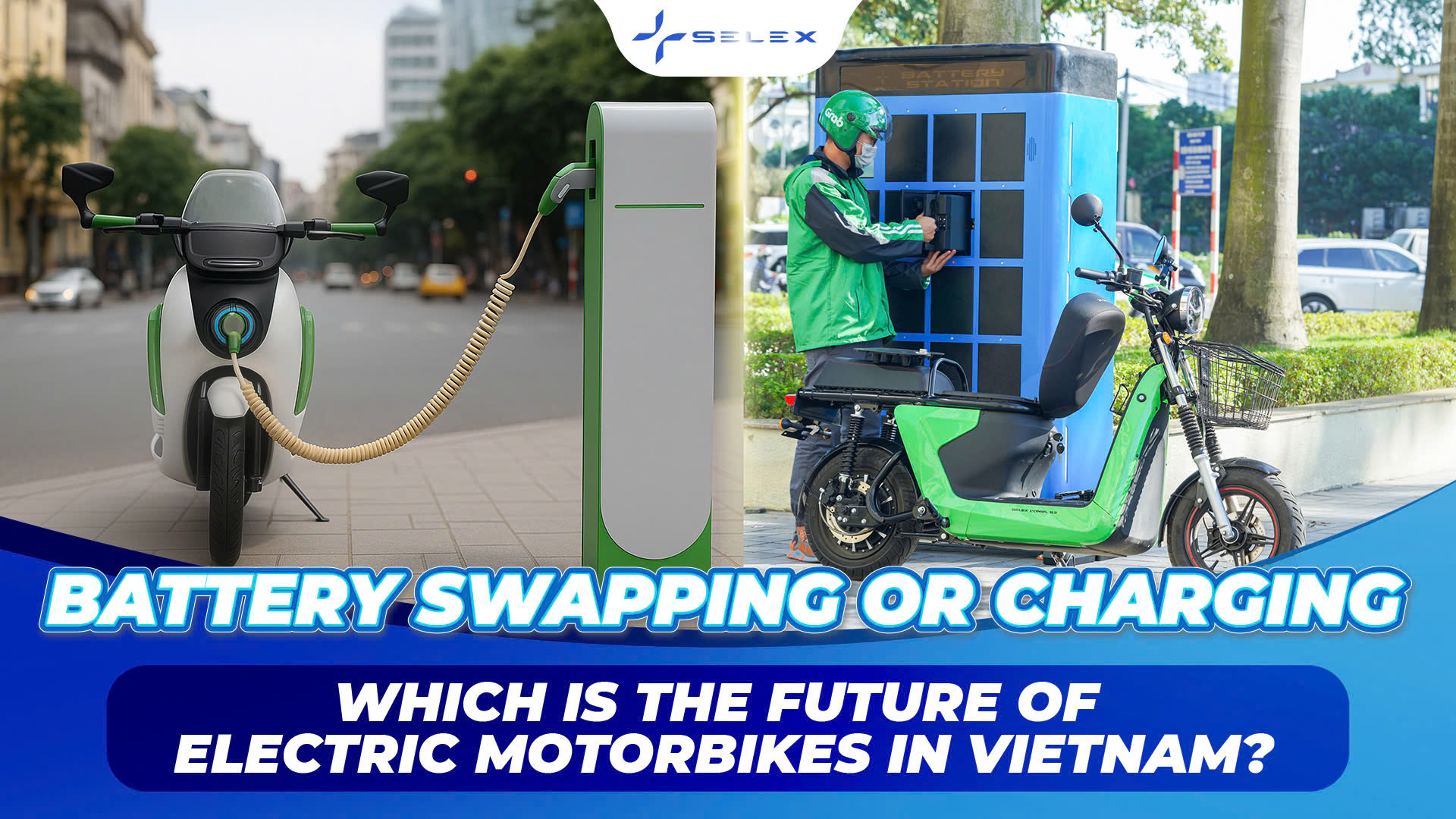1. Electric Vehicle (EV) Market in Vietnam
With over 96 million people, Vietnam stands as the fourth-largest motorcycle market worldwide, with nearly half of its population owning motorcycles, making it one of the most promising markets for electric scooters in the world. The electric motorbike market in Vietnam has witnessed remarkable growth with several prominent brands rising in recent years.
Dat Bike has achieved powerful recognition for its appealing and electric motorbikes, while Vinfast, a renowned automotive manufacturer, has expanded into the electric motorbike segment, offering elegant and technologically advanced scooters. Pega has made strides with its affordable and practical electric scooters. Yadea, a global electric vehicle manufacturer, offers stylish and high-performance electric scooters. Alongside these brands, other notable players also contribute to the vibrant electric motorbike market in Vietnam, collectively offering consumers a wide selection of sustainable transportation options. In this article, we will cover the opportunities and threats of the electric vehicle market in Vietnam.

2. Opportunities of EVs in Vietnam
2.1 Environmental Sustainability
With Vietnam’s commitment to reducing carbon emissions, the transition to EVs aligns perfectly with the country’s sustainability goals. By promoting EV adoption, Vietnam can significantly reduce air pollution and greenhouse gas emissions, contributing to cleaner air and a healthier environment. The growing environmental consciousness among consumers presents a significant opportunity for the electric motorbike market to flourish.
2.2 Government Support and Incentives
The Vietnamese government has introduced various policies and incentives to promote the adoption of electric motorbikes. Such as policies to phase out all ICE vehicles by 2050, and make the shift towards electric 2 wheelers (E2Ws), through steps to restrict and then stop manufacturing, assembling and importing vehicles running on fossil fuels and switching to electric vehicles.

2.3 Rising Fuel Prices
The increasing cost of fossil fuels is a concern for many Vietnamese citizens. Vietnam’s increasing reliance on imported fossil fuels poses challenges to energy security. However, Electric motorbikes offer a cost-effective solution as they rely on electricity, which is often cheaper than gasoline. This economic advantage makes electric motorbikes an attractive option for consumers looking to reduce their transportation expenses.
2.4 Job Creation and Economic Growth
The EV industry offers tremendous potential for job creation and economic growth. From manufacturing EV components to establishing charging infrastructure and developing EV-related technologies, the sector can stimulate employment opportunities and investments, fostering a prosperous green economy.
3. Threats of EVs in Vietnam
3.1 Charging Infrastructure in Vietnam
The availability of a robust charging infrastructure remains a significant challenge for widespread EV adoption in Vietnam. A lack of charging stations, especially in remote areas, can deter potential EV buyers and limit the convenience of long-distance travel. Investment in charging infrastructure development is crucial to overcome this hurdle.
>> Learn about how Selex Motor overcomes this with our EV battery swapping ecosystem

3.2 Affordability and Accessibility
The upfront cost of EVs is often higher than traditional internal combustion engine vehicles, making them less accessible to the mass market. To encourage adoption, policies supporting affordable EV prices, tax incentives, and subsidies for EV purchases are necessary. Additionally, expanding the availability of EV models across various price ranges can expand the options for consumers.
3.3 Battery Technology and Supply Chain
EV batteries are a critical component, and demonstrate a reliable supply chain is essential. Vietnam must focus on developing a robust battery manufacturing industry or establishing strategic partnerships to secure a sustainable and cost-effective supply of batteries. Continuous advancements in battery technology, including longer ranges and faster charging times, are also vital to enhance the overall EV experience.
4. Conclusion
Vietnam stands at the crossroads of a promising transition to electric mobility. The opportunities presented by EVs in terms of environmental sustainability, energy independence, and economic growth are significant. However, addressing the challenges related to charging infrastructure, affordability, and battery technology is crucial for the widespread adoption of EVs in the country.
However, Selex Motors aims to overcome the threats with our unique EV battery swapping ecosystem – the first of its kind in Southeast Asia. This groundbreaking solution overcomes the inconvenience of charging and range anxieties. Furthermore, Selex does not require our riders to buy the batteries upfront. Instead, we operate on a battery subscription basis, offering long term cost-effectiveness and affordability for our users. Our ultra-compact high quality Selex Batteries and our highly robust Selex Camel are a result of our constant effort in Research and Development to constantly push to create new value in our products.
By fostering collaboration between the government, private sector, and stakeholders, Vietnam can overcome these challenges and create an enabling environment for EVs to flourish. With a proactive approach to developing charging infrastructure, implementing supportive policies, and promoting technological advancements, Vietnam can embrace the potential of electric vehicles and pave the way towards a cleaner and more sustainable transportation future.
>> Get latest updates of our company here




